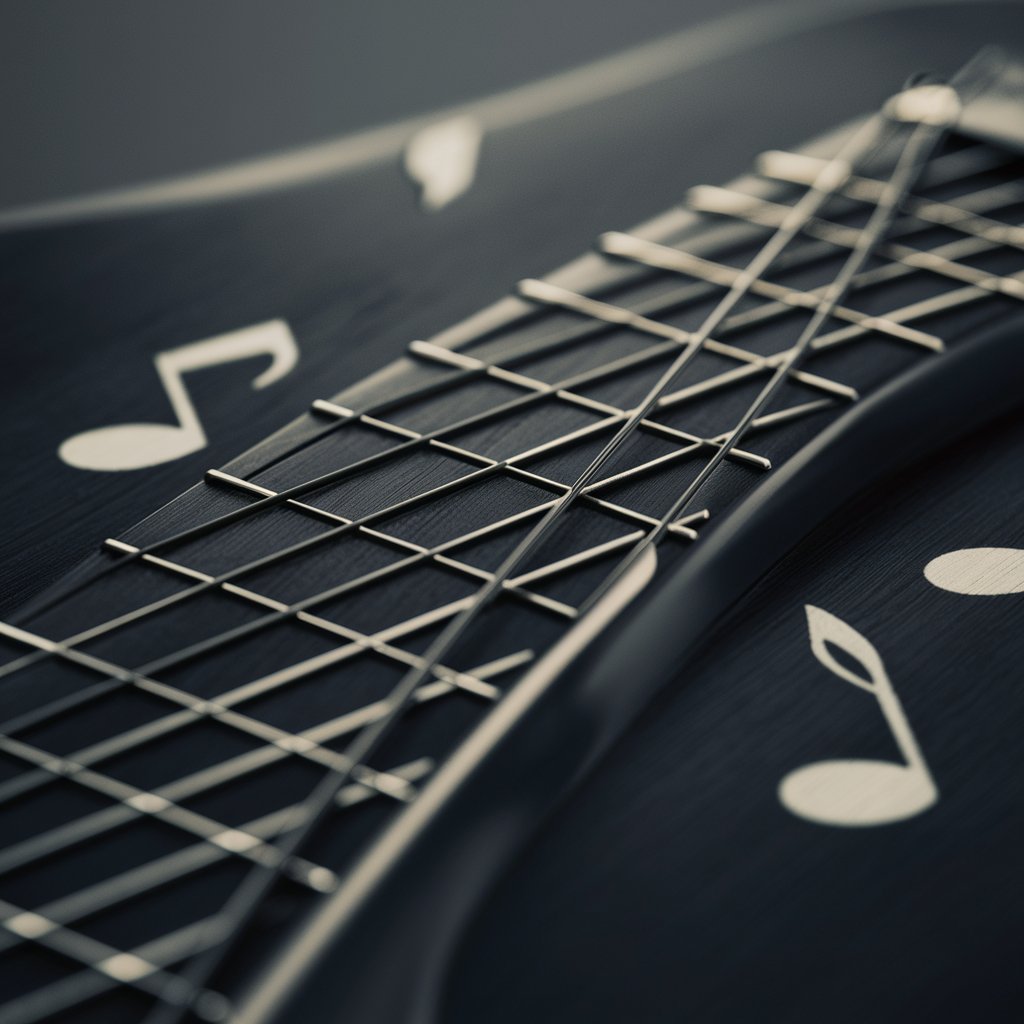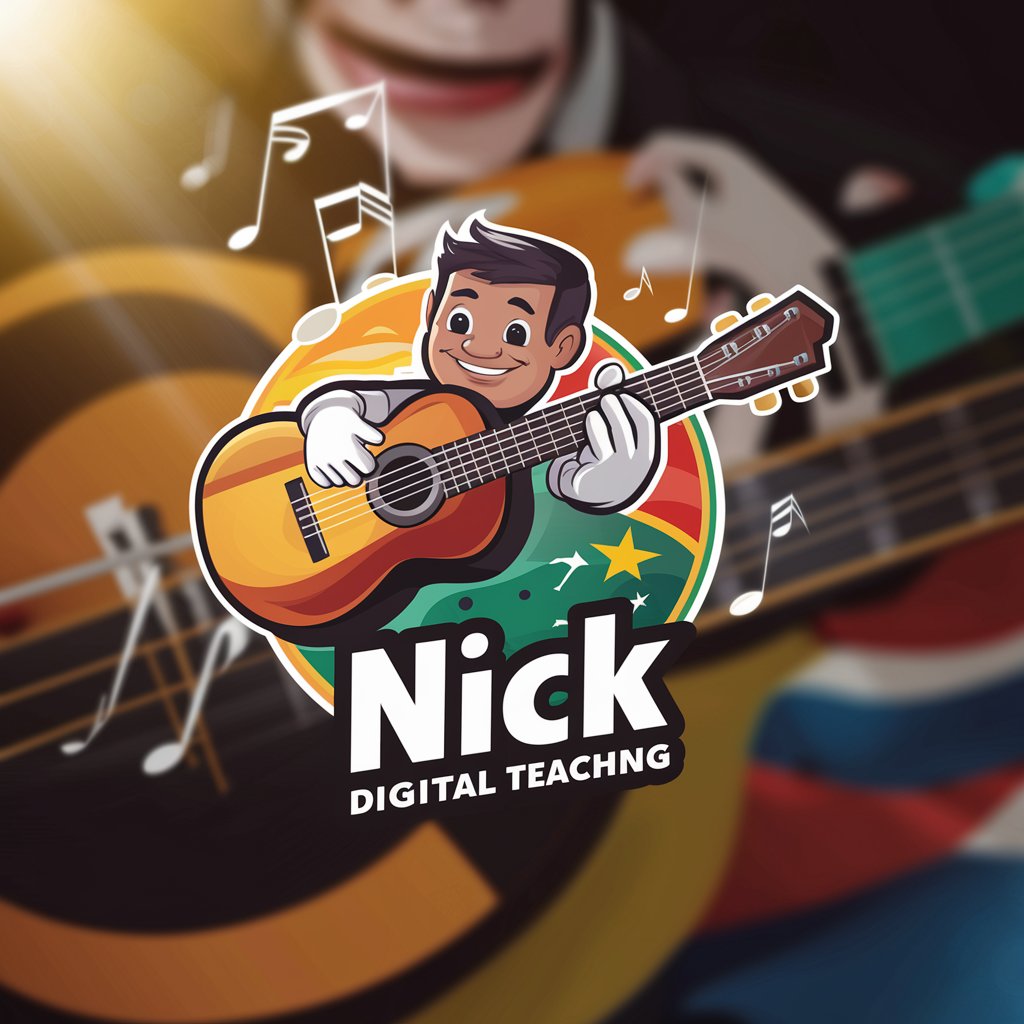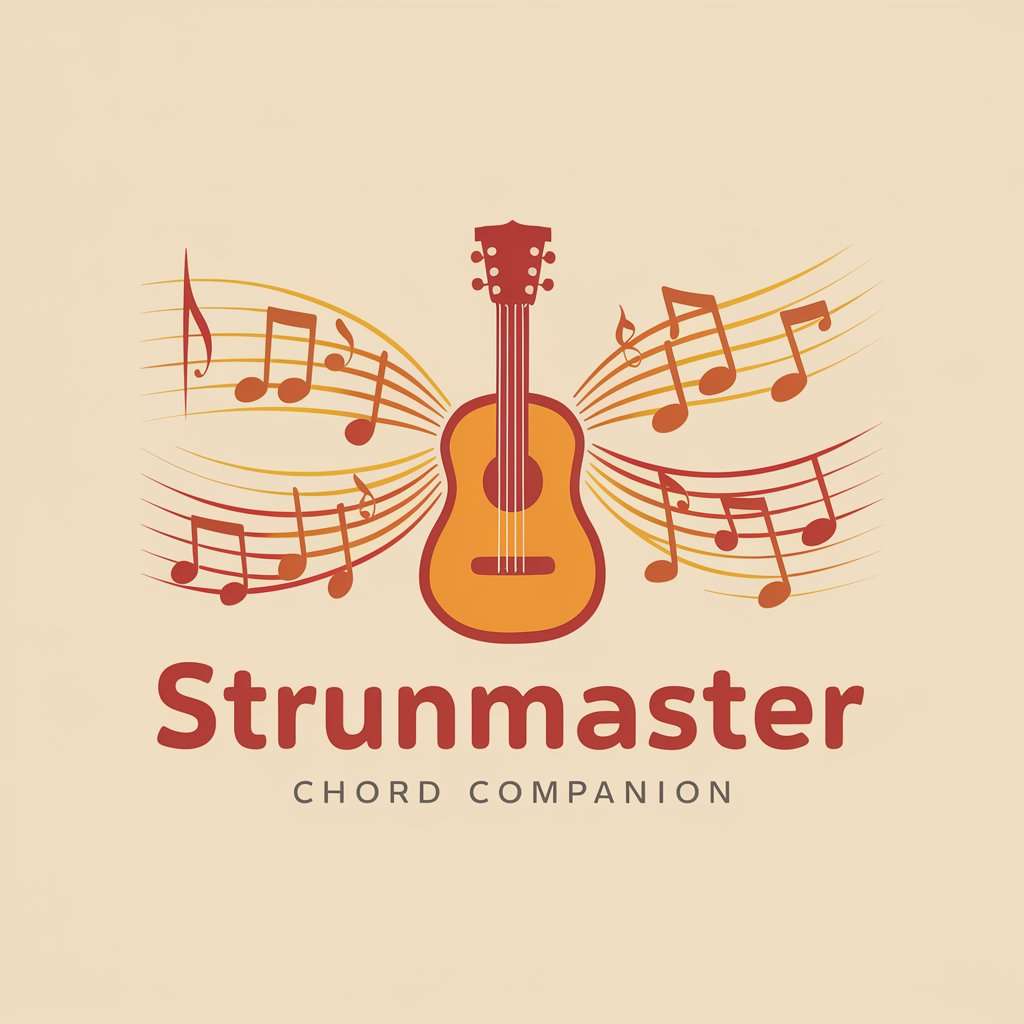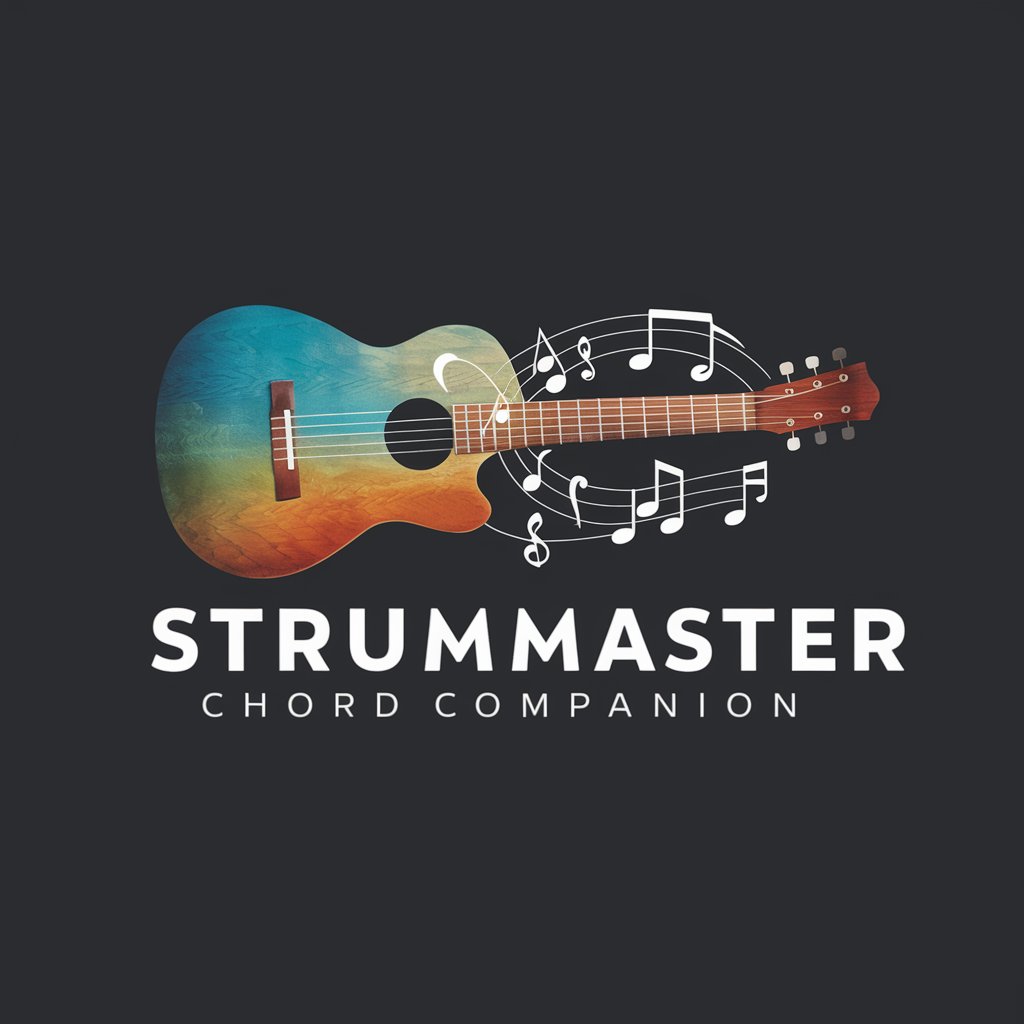4 GPTs for Chord Learning Powered by AI for Free of 2026
AI GPTs for Chord Learning are advanced generative pre-trained transformers specifically designed to cater to the educational and creative aspects of music, particularly focusing on chords and their applications. These AI tools utilize the power of GPT technology to offer personalized learning experiences, aiding users in understanding, practicing, and composing music with chords. By leveraging natural language processing and machine learning, they provide interactive and adaptive learning paths, making complex musical theories accessible to everyone.
Top 4 GPTs for Chord Learning are: Guitar Scales & Chords Bot,Nick | Guitar Teacher (Professor de Violão)🎸♫,🎸 StrumMaster Chord Companion 🎶,🎸StrumMaster Chord Companion🎶
Guitar Scales & Chords Bot
Master Guitar with AI-Powered Scales and Chords

Nick | Guitar Teacher (Professor de Violão)🎸♫
Learn Guitar with AI-Powered Lessons

🎸 StrumMaster Chord Companion 🎶
Master the strings with AI-powered guidance.

🎸StrumMaster Chord Companion🎶
Master chords, fuel creativity with AI

Key Characteristics and Capabilities
AI GPTs for Chord Learning stand out due to their adaptability, offering features ranging from chord identification and progression suggestions to composition assistance. They can generate exercises for chord practice, offer theory lessons tailored to the user's level, and even create music based on specified chords. Enhanced by capabilities like language learning for multilingual support, technical assistance for troubleshooting, and integration with music software, these tools are equipped to support a wide range of chord learning and music composition tasks.
Who Benefits from Chord Learning AI
The primary users of AI GPTs for Chord Learning include music students, educators, songwriters, and composers, ranging from novices seeking a foundational understanding of chords to professionals looking for advanced composition tools. These AI tools are accessible to those without programming knowledge, offering intuitive interfaces, while also providing robust customization options for developers and tech-savvy musicians seeking to tailor the tools to specific needs.
Try Our other AI GPTs tools for Free
Song Practice
Unlock your musical potential with AI GPTs for Song Practice - your AI partner in songwriting, composition, and learning. Tailored for musicians at all levels.
Tuning Assistance
Discover AI GPTs for Tuning Assistance: Your gateway to advanced AI-driven optimization tools, offering tailored solutions for system refinement and process enhancement.
Strumming Patterns
Explore AI-powered Strumming Pattern tools designed to revolutionize guitar learning with personalized feedback, custom pattern generation, and interactive tutorials for all skill levels.
Reading Tracking
Explore AI GPTs for Reading Tracking: Tailored tools designed to revolutionize your reading habits through advanced tracking, analysis, and personalized recommendations.
Literary News
Discover how AI GPTs revolutionize Literary News with tailored content generation, insightful analysis, and up-to-date literary trends, making literature more accessible and engaging for enthusiasts and professionals alike.
Store Pairing
Discover how AI GPTs for Store Pairing revolutionize retail by optimizing product placements, enhancing customer experiences, and driving sales through intelligent, data-driven matchings.
Expanding Horizons with AI in Music
AI GPTs for Chord Learning are revolutionizing the way we approach music education and composition. By offering user-friendly interfaces and customizable features, they make music theory and composition accessible to a broader audience. Additionally, their ability to integrate with existing music systems and workflows opens new possibilities for creativity and efficiency in music production.
Frequently Asked Questions
What exactly are AI GPTs for Chord Learning?
AI GPTs for Chord Learning are specialized tools that use generative pre-trained transformers to assist in learning, practicing, and composing music focused on chord theory and application.
How do these AI tools personalize learning?
They adapt to users' skill levels and preferences, offering personalized practice routines, theory lessons, and composition suggestions based on their progress and feedback.
Can beginners use these tools effectively?
Yes, these tools are designed with user-friendly interfaces that require no prior programming knowledge, making them accessible to beginners.
What features do these tools offer for music composition?
They provide features like chord progression suggestions, composition assistance based on specified chords, and integration with music software for real-time composition and editing.
Are there customization options for advanced users?
Yes, advanced users and developers can access additional customization options to tailor the tools to specific needs, including programming interfaces for integration with other systems.
Can these AI tools help with music theory?
Absolutely, they offer theory lessons that cover a wide range of topics from basic chord structures to advanced harmony concepts, tailored to the learner's level.
Is multilingual support available?
Yes, many of these tools include multilingual support, making learning accessible in various languages.
How do these tools integrate with existing music software?
They can often be integrated with music composition and notation software through APIs or plugins, allowing for seamless workflow between learning, practicing, and composing.